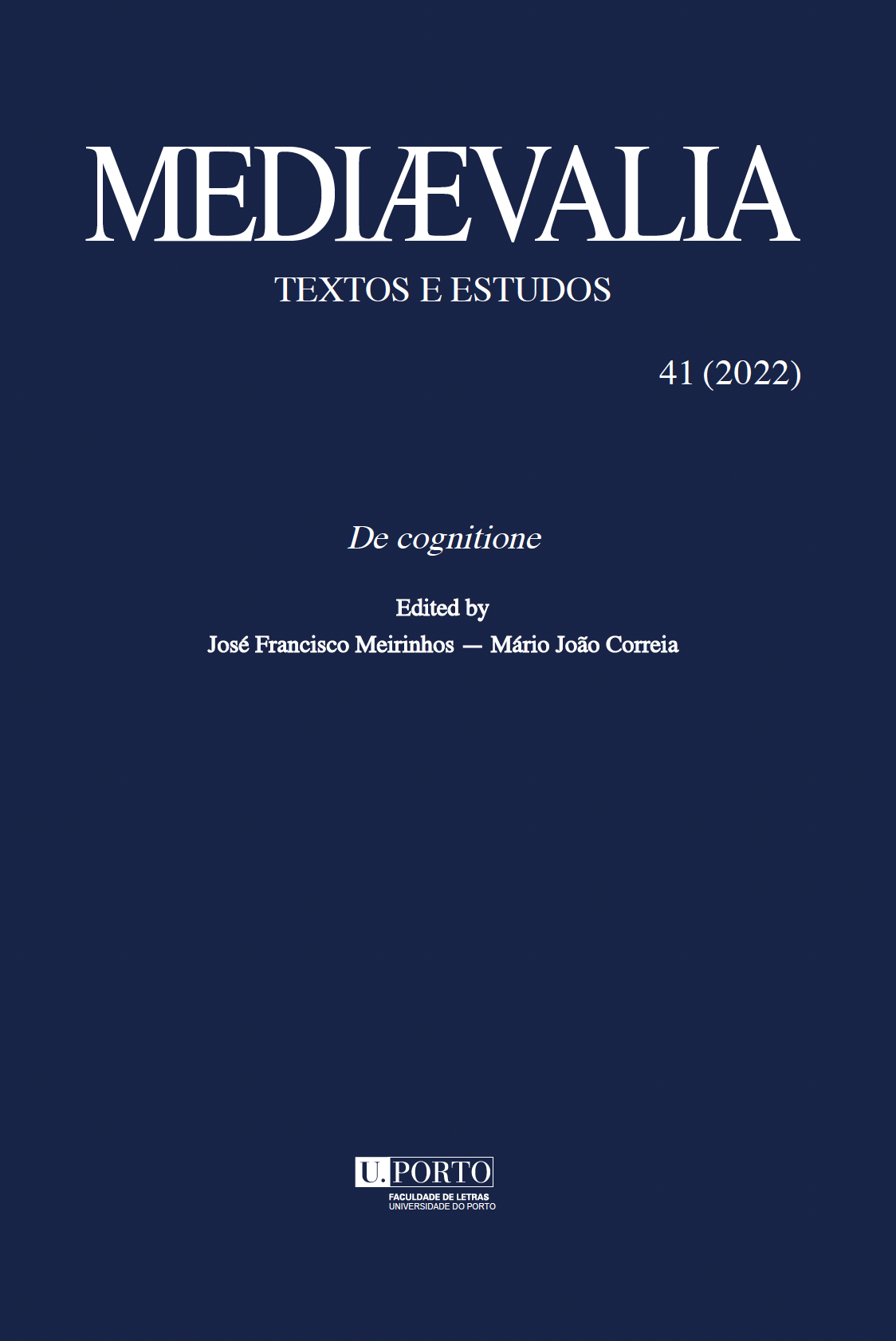“I had heard by the hearing of the ear, but now my eye sees you” (Job 42,5). En-counter with God, experiential knowledge and the problem of suffering in medieval thought through the exegesis of Job: a few insights
Abstract
The final chapters of the book of Job are equally important and difficult to understand. After the dramatic dialogues between Job and his friends —who stubbornly maintain that Job's sufferings are the punishment for some sin— in chapter 38 comes the long-awaited divine intervention, which, however, does not seem to answer Job’s question. Nevertheless, the troubled character seems to find peace of mind after the intervention of the Lord, as his final words reveal: “I had heard by the hearing of the ear, but now my eye sees you. Therefore I despise myself and repent in dust and ashes” (Job 42:5-6). According to various contemporary interpreters, these words reveal a progression in Job’s cognitio Dei, and it is precisely this cognitive consolidation of God that restores his serenity and calms the previously troubled waters of his spirit. But how was the episode interpreted during the Middle Ages? What kind of experience did the medieval exegetes understand to be expressed by these words? What is the relationship between Job’s experience, the cognitio Dei and the problem of suffering? These are the questions we intend to answer by means of a thorough analysis of the medieval exegesis of the passage Job 42,5.
Keywords: Book of Job; medieval exegesis; medieval thought; encounter with God; knowledge; experience; problem of suffering.
Downloads
Published
Issue
Section
License
Copyright (c) 2023 Ignacio Cabello Llano

This work is licensed under a Creative Commons Attribution-NonCommercial-NoDerivatives 4.0 International License.







